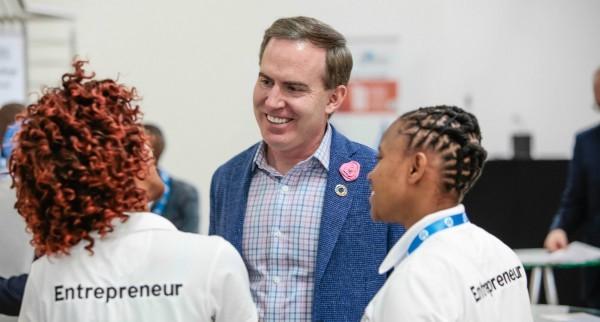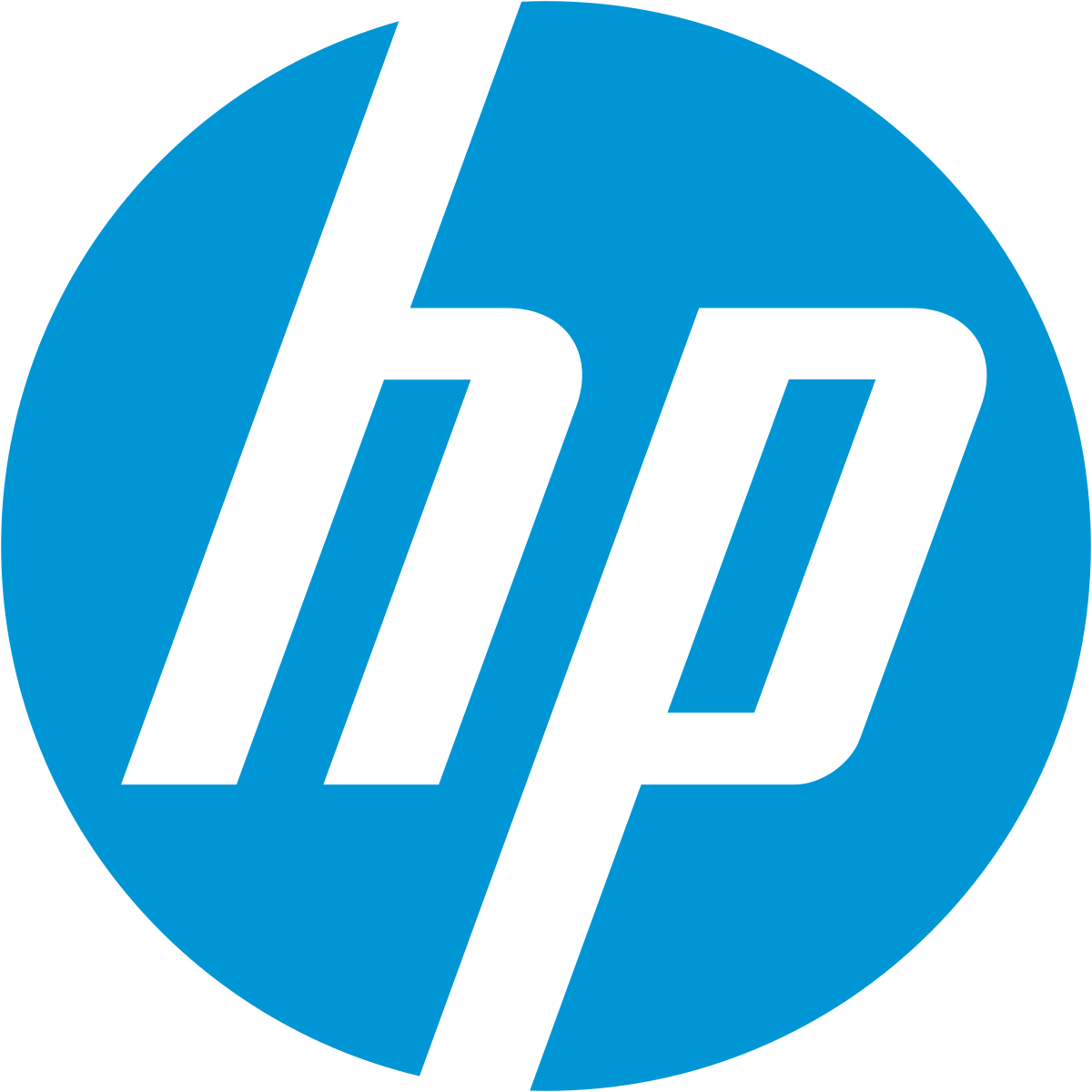Celebrating International Day of Education Focused on Inclusion and the Future of Work
by Nate Hurst, Chief Sustainability and Social Impact Officer at HP
Jan 25, 2019 3:00 PM ET
Campaign:
HP Inc. | Digital Equity

Today, January 24, 2019, marks the first International Day of Education. The United Nations established this global day to acknowledge the essential role quality education plays in advancing the Sustainable Development agenda and in building sustainable and resilient societies. Ensuring inclusive and equitable quality education and lifelong learning for all is not only one of the 17 Global Goals (SDG 4)—it is a catalyst for the success of the other 16 SDGs.
At HP, we believe quality education is a fundamental human right. Everyone, everywhere, regardless of gender, geography, culture, status, or circumstance must have the opportunity to access quality learning. Yet, sadly, as a society, we’re not there yet.
According to World Bank, more than 260 million children and youth worldwide are not in school, and nearly 60 percent of primary school children in developing countries fail to achieve minimum proficiency in learning. And while progress is being made to bridge gender parity for education, women still remain disproportionately excluded from learning. The 2018 Global Gender Gap Report just released by the World Economic Forum (WEF), shows a 20 percent illiteracy rate among women in 44 countries. As a global community, we can and must do better
Inclusive and equitable learning that includes skills for the future of work must be a priority for the stability, resiliency, and sustainability of our world. As the World Bank report highlights, "A pool of unemployed adults is a political risk as well as an economic concern. At times, it leads to a wave of emigration, social unrest, or political upheaval.” On the flipside, skilling up people, including traditionally underserved populations, creates tremendous economic, social, and environmental opportunities.
That’s why HP is committed to enabling better learning outcomes for 100 million people by 2025. We partner with governments, universities, organizations, and others to shape the Classroom and Campus of the Future, and to advance inclusive and equitable learning that prepares students, whomever and wherever they are, for the work of the future and sets them on a course toward lifelong learning.
It’s a topic that’s top of mind this week at the WEF Annual Meeting in Davos, Switzerland, where leaders of global society are gathered to address Globalization 4.0: Shaping a Global Architecture in the Age of the Fourth Industrial Revolution (4IR). The 4IR—driven by artificial intelligence, robotics, 3DP manufacturing, cryptocurrency, and other technologies—continues to accelerate toward a fully interconnected digital world. The rapid force of innovation is redefining how we produce, consume, and communicate—and we must just as rapidly determine new governance models to manage the corresponding economic, social, and political impacts of this transformation.
HP CEO Dion Weisler is here in Davos sharing our blueprint for accelerating a more sustainable industrial revolution through digital manufacturing. And, appropriately, education is central to this sustainable manufacturing ecosystem.
In addition to building a talent pipeline and/or reskilling people with high-value science, technology, engineering and math (STEM) skills needed to support continuous innovation, the digital transformation is driving demand for new skills and abilities as well as lifelong learning. Advanced cognitive skills (critical thinking, problem solving), socio-behavioral skills (curiosity and creativity), and skill combinations associated with greater adaptability are in high demand, and are fully transferrable across jobs (World Bank. 2019.) and geographies.
There’s also greater need for the inclusion of different perspectives, cultures, abilities, and experiences in innovating for the 4IR. We know from our own experience that true innovation and sustainable impact comes from employees with diverse backgrounds and experiences, and it’s essential in order to meet the needs of our global customer base. We also see it elsewhere, such as in WEF’s Global Gender Gap study, which points to the challenges and missed opportunities of lack of diversity in AI professionals, which could further exacerbate gender gaps in economic participation and opportunity.
Yet, as I celebrate this first International Day of Education here in Davos, surrounded by committed leaders from business, governments, international organizations, non-governmental organizations, thought leaders, and young leaders, I’m inspired by the opportunities ahead. I’m further inspired by the commitment, passion, and leadership that guides our path toward sustainable impact here at HP and for the customers, employees, investors, and other stakeholders we serve.
“With this industrial revolution we have a collective responsibility to ensure sustainability is a priority from the start,” Dion said. “To create a more equitable and sustainable future, we must work together to ensure that the Fourth Industrial Revolution is inclusive and powered by diversity.”
Please share with me in the comments below how you’re honoring International Day of Education, and what actions you’re taking to drive a more sustainable Fourth Industrial Revolution.

